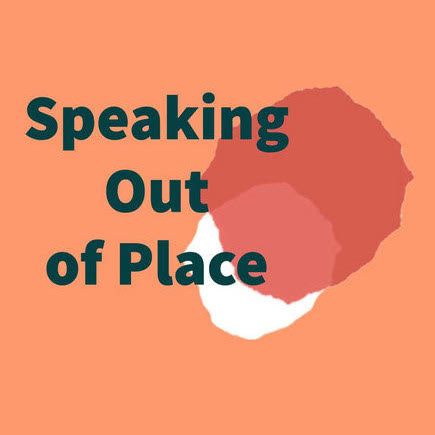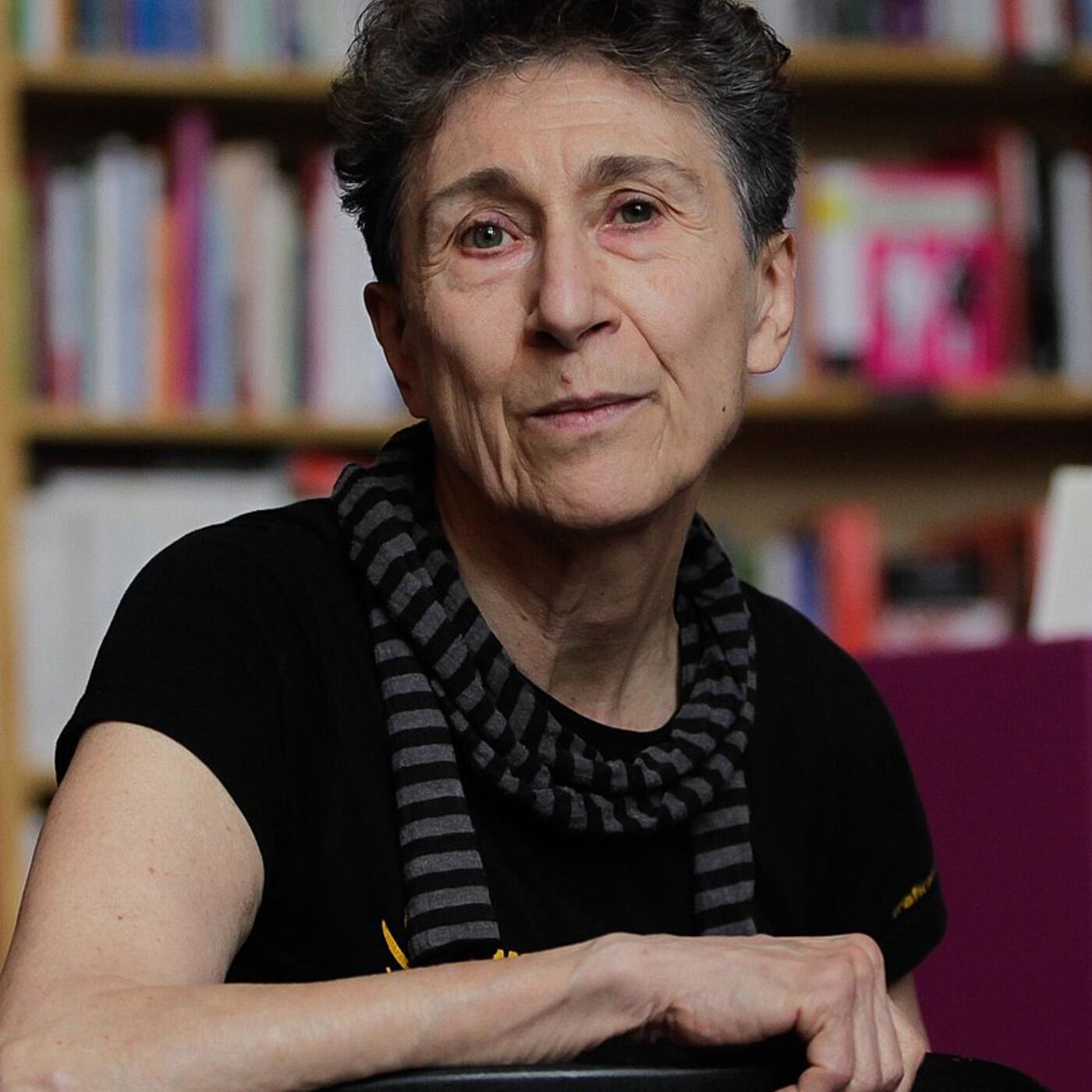Today we are speak with renown scholar, activist, and writer Silvia Federici about her powerful and inspiring collection of essays, Re-enchanting the World: Feminism and the Politics of the Commons. These essays, written over the span of several decades, display her abilities to diagnose and indeed predict the most important issues facing us today, demanding a collective struggle for a new social world.
Silvia Federici is a scholar, teacher, and feminist activist based in New York. She is a professor emerita and teaching fellow at Hofstra University in New York State, where she was a social science professor.[2] She also taught at the University of Port Harcourt in Nigeria.[In 1972, she co-founded the International Feminist Collective. In 1995, in the course of the campaign to demand the liberation of Mumia Abu-Jamal, she cofounded the Radical Philosophy Association (RPA) anti-death penalty project, an organization intended to help educators become a driving force towards its abolition.
For several decades, Federici has been working in a variety of projects with feminist organizations across the world like Women in Nigeria (WIN), Ni Una Menos, the Argentinian feminist organization; she also has been organizing a project with feminist collectives in Spain to reconstruct the history of the women who were persecuted as witches in early modern Europe, and raise consciousness about the contemporary witch-hunts that are taking place across the world.
Federici is considered one of the leading feminist theoreticians in Marxist feminist theory, women’s history, political philosophy, and the history and theory of the commons. Her most famous book, Caliban and the Witch, has been translated in more than 20 foreign languages, and adopted in courses across the U.S. and many other countries. Often described as a counterpoint to Marx’s and Foucault’s account of “primitive accumulation,” Caliban reconstructs the history of capitalism, highlighting the continuity between the capitalist subjugation of women, the slave trade, and the colonization of the Americas. It has been described as the first history of capitalism with women at the center.











